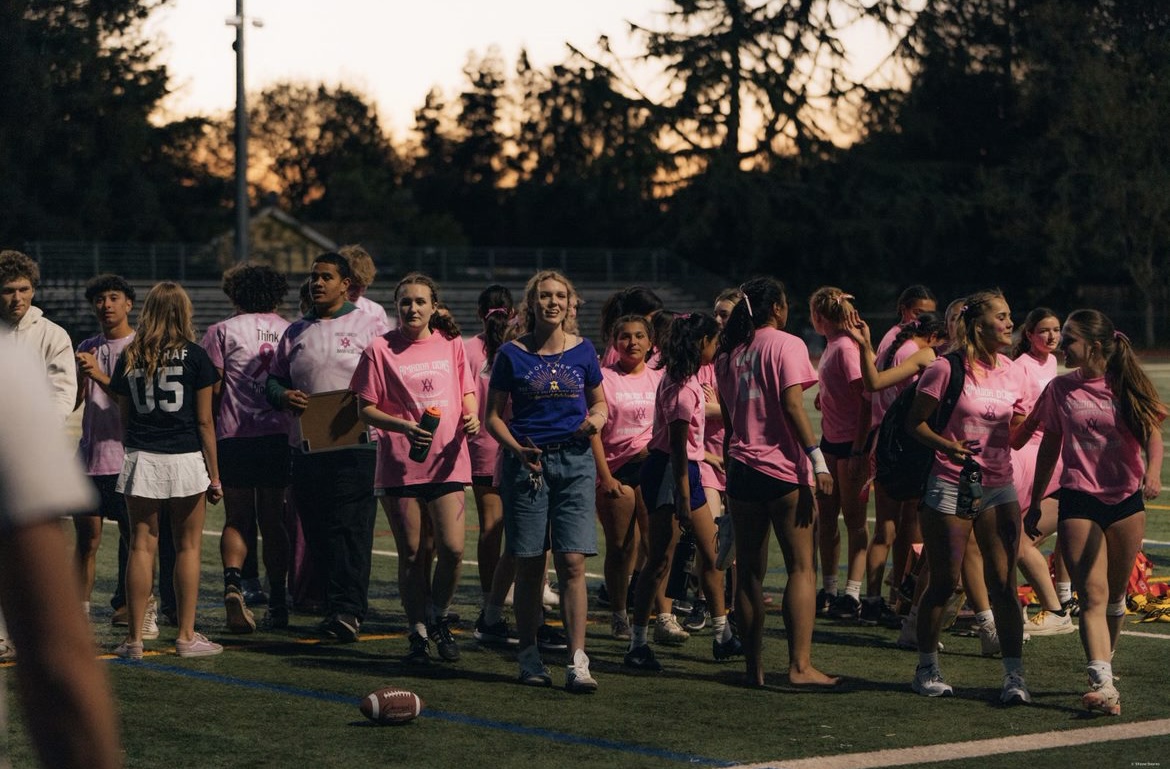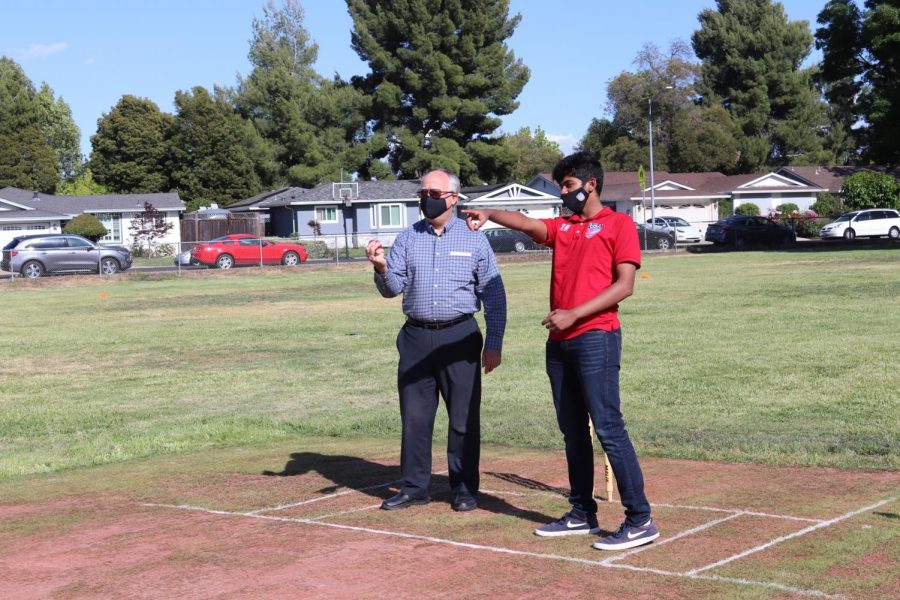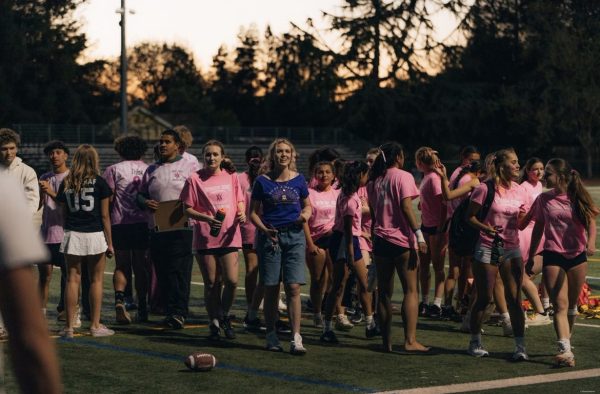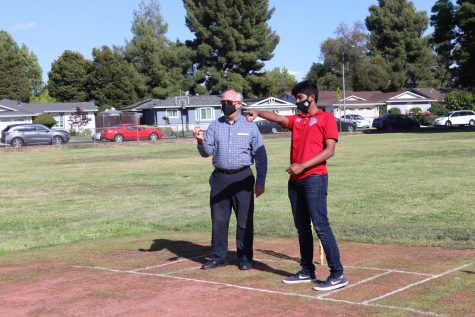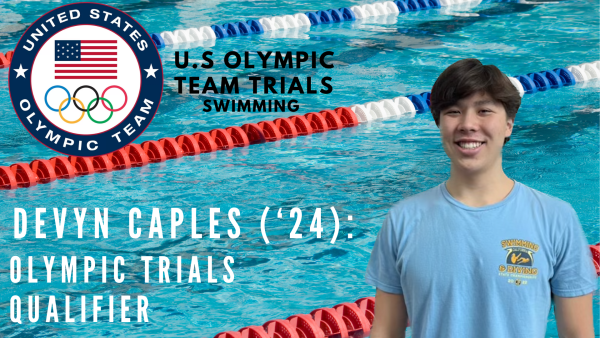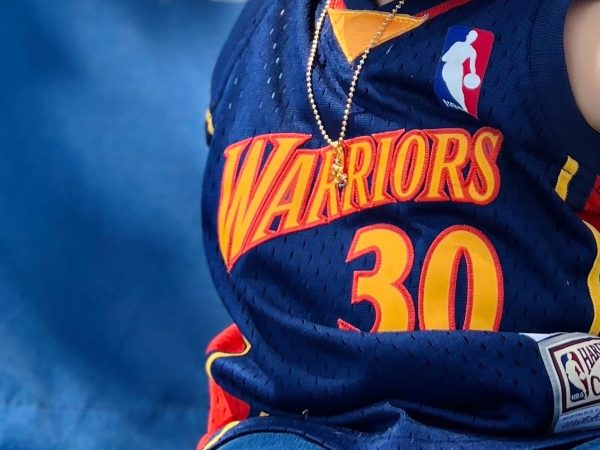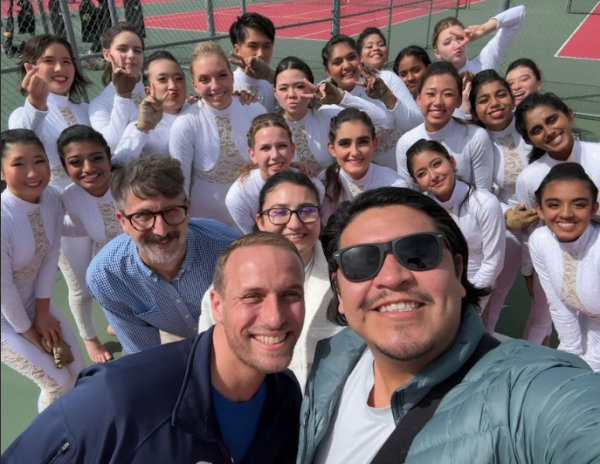Gaming Universities
December 18, 2018
As the season of college applications nears its end, some students may be curious which schools have strong gaming programs, whether it be competitive or for game design.
“eSports aren’t the future, they’re the present. True skill at video gaming is just as impressive– and just as legitimate– as excellence in traditional sports,” said Dr. Scott Dalrymple, Columbia College President.
Columbia College eSports league is a part of the Collegiate Starleague, and the school offers scholarships to students that are skilled in their gaming activities. Another school a part of the Collegiate Starleague, or CSL, is Robert Morris University in Chicago, Illinois and they are known as the first school to make eSports a part of varsity athletics. They also offer scholarships.
Possibly more relevant to the students of Amador is the University of California, Irvine. The school has a widespread eSports team and play in the TESPA league. Their establishment has high-end gaming equipment, which includes webcam studios for live-streaming, and a League of Legends area.
Their eSports arena cost around 250,000 dollars.
At USC, there is also a big focus on game design, for students interested in designing and programming video games.
Universities have made gaming comparable to varsity athletics. In fact, over fifty colleges have made gaming a part of the varsity programs.
“I think that competitive gaming universities are pretty cool. It’s nice that they’re including everyone now. I feel like it’s fair that gaming is now like varsity athletics because it’s a skill that is difficult to get good at. Also there are competitions with large prizes, like actual sports. It takes skill to get good at games like DOTA and League. I respect it,” said Sahil Bahlla (‘19).
“I wouldn’t necessarily go to a school solely because of their eSports team because I don’t game competitively myself. But to know a school I would attend does have that as an option is really cool. I think for people to bond over something like gaming is great, especially at a university. It’s comparable to athletics because it requires hard work to get that good at a game. It works your brain and eyes, and not everyone can do it,” said Calvin Qin (‘19).
Different leagues compete for millions of dollars playing games such as League of Legends, Fortnite, Overwatch and much more. For career options beyond universities, free agent gamers earn money through live-streams and eventually joining teams.
As gaming is a shared and popular hobby, many streamers and teams earn quite the living playing video games. The amount of money that this popular “hobby” brings in could be an incentive for universities to include it as a program, as well.
University students have learned more things beyond improving their aim and processing skills. They’ve also worked on qualities such as teamwork, cooperation, strategy and time management. There is a lot more to being a part of such programs than it appears.
Though competitive leagues at universities is a questionable topic to many, our future revolves around improvement and the fascination for technology.
If you’re passionate about video games, don’t be afraid to pursue it in your future.

